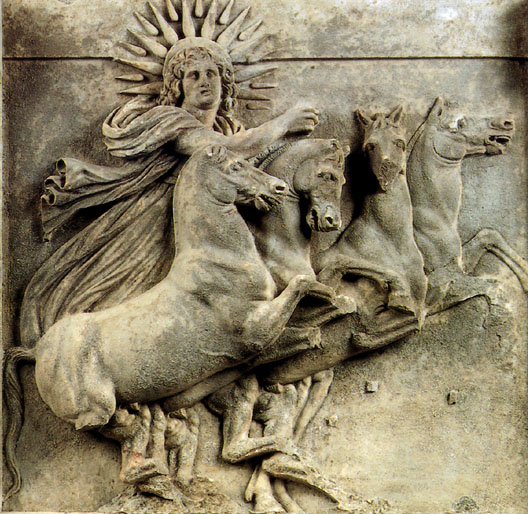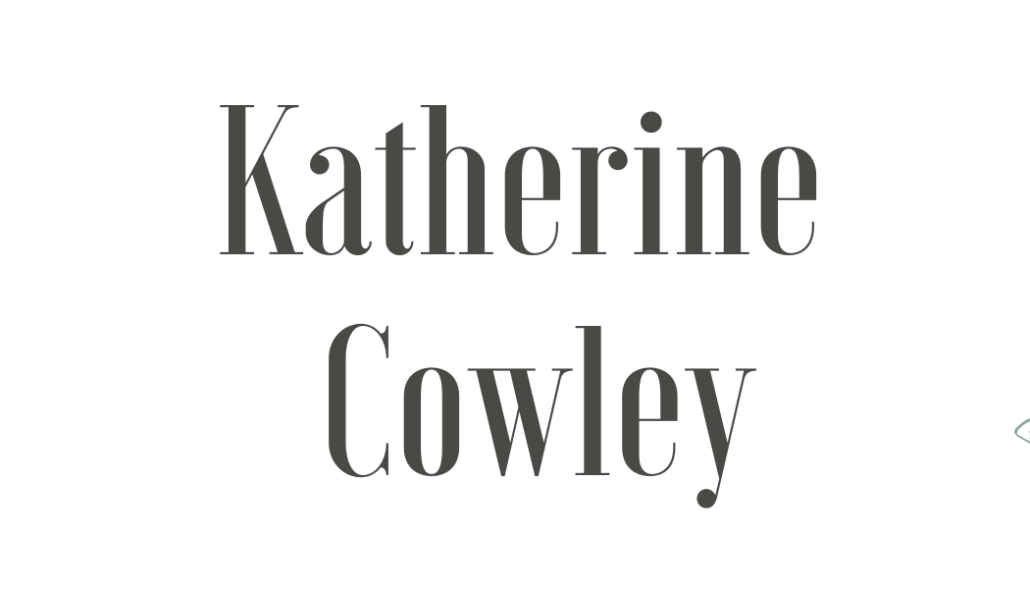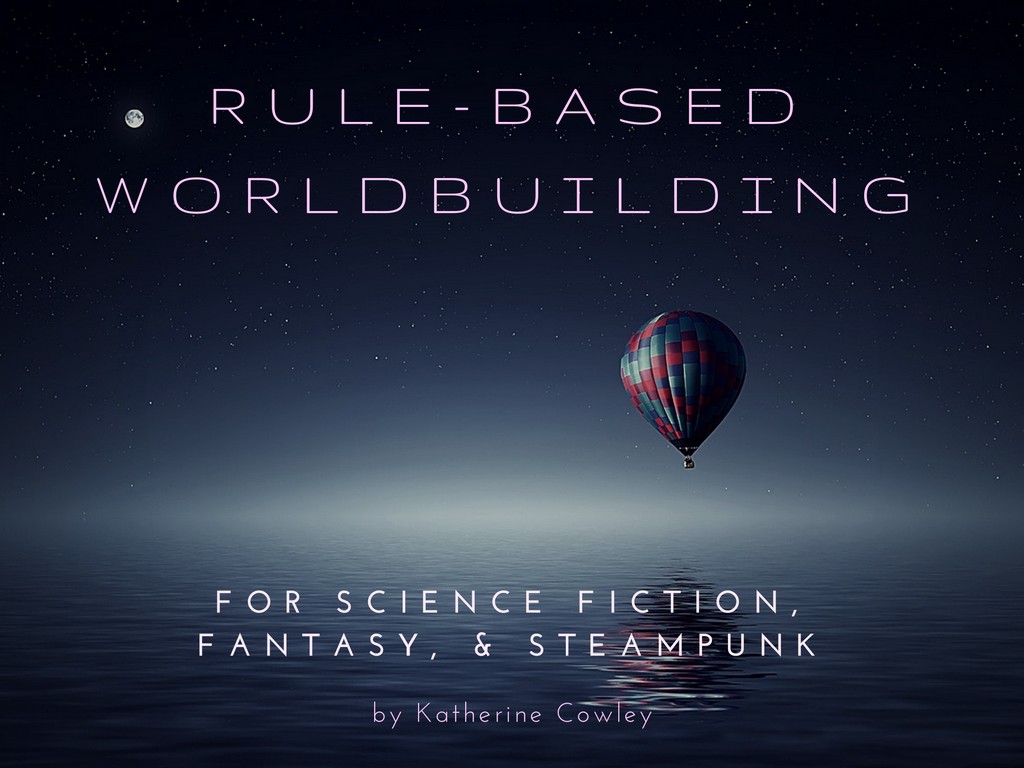10 Questions for Avoiding Deus ex Machina in Fantasy and Science Fiction

Helios in his chariot, 4th century BC, Athena’s Temple in Ilion. Image credit: Gryffindor (public domain)
Deus ex machina literally means “God in the machine.” My first introduction to it was as a 15 year old reading the Greek tragedy Medea. Medea kills her children, but is saved, at the last moment, by the sun god sending down a chariot to take her away. The Greeks would actually use a crane to lower someone or something onto the stage to save the day.
Jeff Vandermeer, in Wonderbook writes: “The very thing that readers love about fantasy, for example, can backfire… Fantasy writers may also feel some pressure to ‘get out of jail free’ by using the fantasy element to create closure when it hasn’t been earned by the characters or events in the story. Because everything is possible, nothing has any tension…or any weight. The bit of magic that resolves things too easily or the singular invention or the sudden rescue—there are parallels in contemporary realism, but they don’t stand out quite so much. There’s nothing like a sudden dragon blasting across the page to signal an unintentional celebration of spectacular coincidence…”
10 Questions for Avoiding Deus Ex Machina in Science Fiction and Fantasy
Is someone solving the problem that is not the main character? Is someone else saving the main character? And does this happen near the end of the book?
Why can’t the main character solve the problem or save herself?
Is the person saving the day an important secondary character? Have you properly foreshadowed their relationship with the main character and the tools that they have to save the day?
Can the main character do something earlier to pave the way for them being saved now?
Can I foreshadow this so it doesn’t feel completely random?
Even while being saved by someone else, can the main character be active—doing something and contributing?
If the main character is being saved now, can she still solve the main conflict of the novel on her own?
Read the rest of my presentation on Rule-Based Worldbuilding



